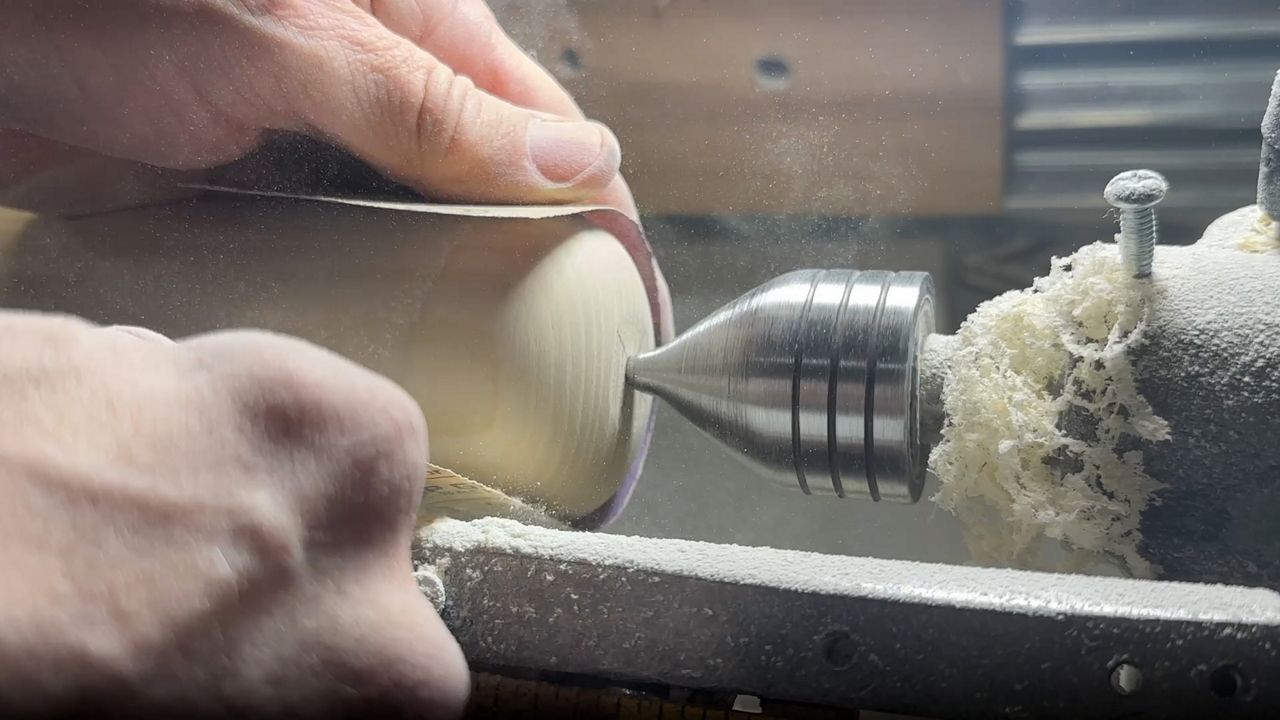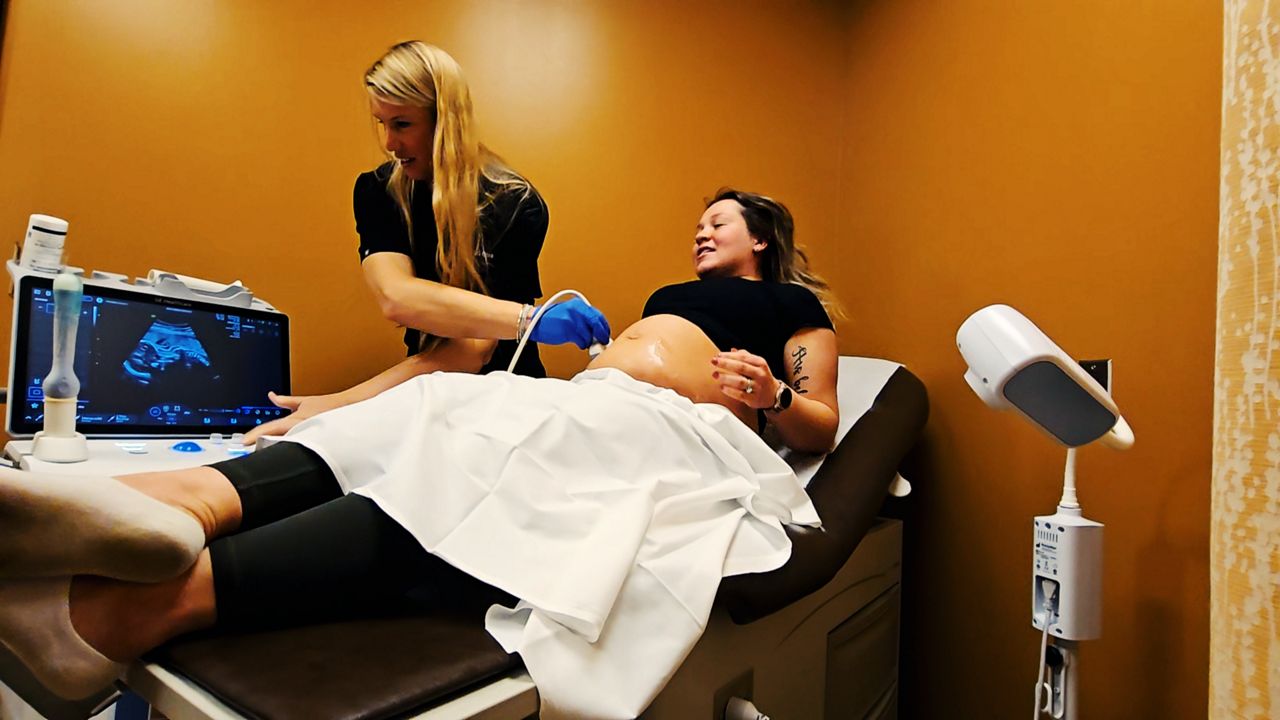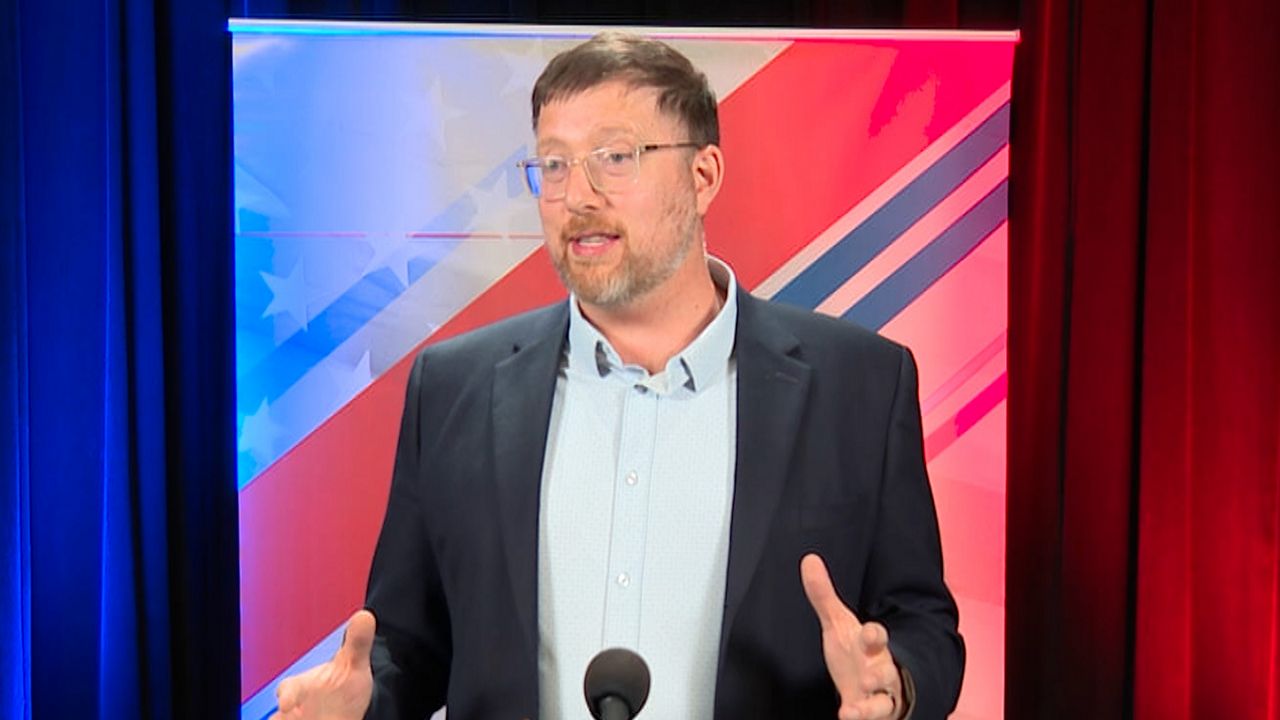MILWAUKEE — The Milwaukee Metropolitan Sewerage District is working to safely remove Polychlorinated biphenyls, discovered more than a decade ago, from sewers in certain areas of Milwaukee.
Keith Kalinger has been the senior project manager at MMSD for 12 years.
And on one particular winter day, he was headed towards one of the Basin H clean up sites on the west side of the Milwaukee River.
“Right now, we are setting up some air monitoring equipment,” said Kalinger.
Kalinger explained they have to remove PCB from the area because the Environmental Protection Agency banned the chemical in 1979.
PCB was used for electrical equipment and other industrial processes. It was first discovered in Milwaukee in 2008, with the source being the former Milwaukee Die Cast plant.
By the time it was discovered, the chemical had spread to nearby sewers.
“The PCB sediment is at the bottom of an active sewer that has to be used every day with flow that runs through it every day, and it’s really something that needs to be removed from the system and has to be disposed of properly,” said Kalinger.
Ever since the substance was discovered in 2008, MMSD has worked with the EPA and Department of Natural Resources to devise a strategy to remove it.
As PCB poses risks to environmental and human health, Kalinger said there has to be a cautious approach to how it’s treated.
“We are going to isolate certain segments of this sewer so that this sediment doesn’t wash downstream and does not flow back upstream, and then we are going to suck this sediment out of the sewer over a matter of days and then transport it for treatment,” said Kalinger.
MMSD is expecting to finish the cleanup within 6 to 8 months. Kalinger said he takes great pride in making sure the city’s sewerage system runs effectively.
“I feel an affinity and strength for this community and I do want to make sure we are doing our part to keep the waters clean and make sure if there is any type of contaminant in our system, it’s not left there as a legacy for other people to have to clean up and have to deal with as well,” said Kalinger.










